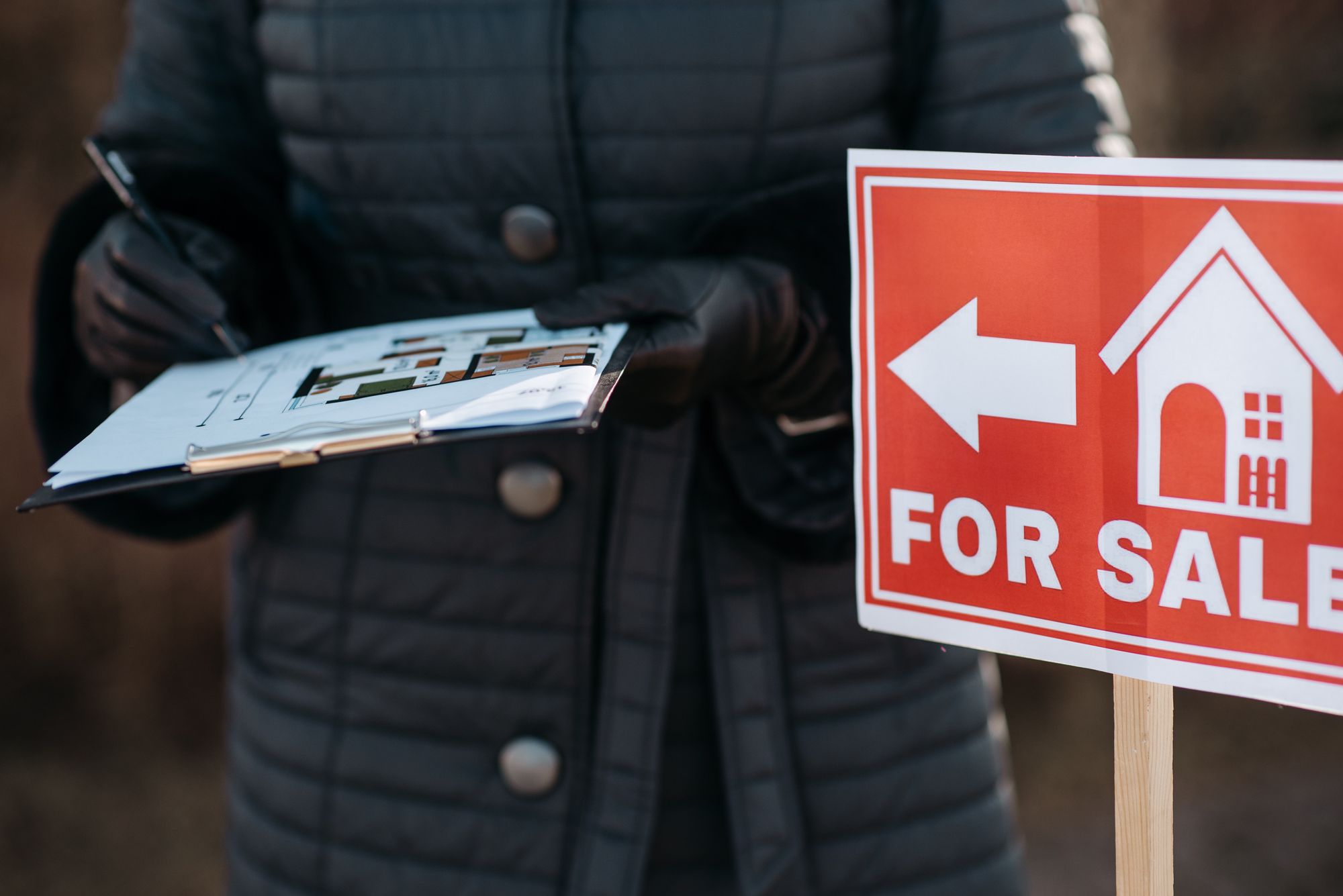What is Foreclosure?
Foreclosure is a legal process in which a mortgage lender exercises his right to take control over a property, held as a collateral, mostly with the intention to sell it and recover the outstanding dues of the mortgagee or borrower.

Table of Contents
- Types of Foreclosure
a. Judicial Foreclosure
a. Non-Judicial or Power-of-Sale - The Foreclosure Timeline
a. First Missed Payment
b. Default
c. Notice of Sale
d. Sale
e. Eviction - Consequences of Foreclosure
- How to Avoid Foreclosure
- Conclusion
Foreclosure is a legal process in which a mortgage lender exercises his right to take control over a property, held as a collateral, mostly with the intention to sell it and recover the outstanding dues of the mortgagee or borrower. This situation could be triggered when the borrower defaults, or fails to pay the monthly installment of the loan.
The borrower is considered to have defaulted on his loan obligation if he misses a specific number of payments stated in the mortgage contract. After default, the lender has the authority to repossess the collateral, which is the property, and sell it to recover his losses in full or in part.
Types of Foreclosure
There are 2 main types of foreclosure:
1. Judicial Foreclosure
The lender files a lawsuit against the borrower upon his default to honour the loan obligation. If the borrower loses the lawsuit, the property goes into foreclosure and the lender would sell the property to recover his losses.
2. Non-Judicial or Power-of-Sale
A lawsuit need not be filed against the borrower in this case. Once the borrower fails to make his monthly installment, the lender is allowed to sell the property based on the power-of-sale clause within the mortgage contract and recoup the outstanding loan. Eliminating the need to file a lawsuit and go to court, the process of power-of-sale foreclosure is quicker.
The Foreclosure Timeline
First Missed Payment
If you miss your mortgage payment, you are not at risk of foreclosure. Lenders usually allow a grace period of up to 15 days to pay your mortgage after the due date. If you are unable to pay within the grace period, you would possibly incur late fees. If you miss your first payment, the lender would issue a notice indicating you have not made payment for that month.
Default
If you continue to miss subsequent mortgage payments, the lender would issue demand letters for your late payments. Once you have reached a certain quota on the number of missed payments, you are considered in default. This varies between lenders. You will then receive a Notice of Default, informing you of the default, the amount owed and the time period allotted to make the payments. If you are able to catch up and get current on your payments, a foreclosure can be averted. However, if you are unable to restitute the missed payments after a certain time period, the lender would commence the foreclosure process.
Notice of Sale
Judicial foreclosure: the lender files a lawsuit and asks the court to allow the property to be sold to pay the debt. Once the court approves, the lender creates a notice of sale to place the property for auction.
Power-of-sale foreclosure: a lawsuit need not be filed. The lender prepares the necessary paperwork and proceeds to create the notice of sale.
Sale
The property is placed on public auction, and is sold to the highest bidder. If the property is not sold at a public auction, the lender takes ownership of the property and sells it via a broker or real estate manager.
Eviction
Once there is a new owner of the property, the borrower would be issued an eviction notice, demanding him to vacate the property within a specified period. If he refuses, law enforcement would forcefully evict him.
Consequences of Foreclosure
The consequences of foreclosure can be severe as this would mean the loss of your home. Furthermore, foreclosure has a negative impact on your credit score as it would appear on your credit report for the next 7 years. This makes it more challenging when you are sourcing for a new home as you would be unable to take out loans.
How to Avoid Foreclosure
Until your property has been put up for auction, there are ways to avoid foreclosure. However, you must communicate with your lender. If you are facing financial hardship and unable to make your monthly payments, discuss with your lender and come to an agreement. Although he is unlikely to allow you to miss a loan installment payment completely, he could let you defer the payments temporarily while you improve your financial situation, or tweak your loan terms to allow for a lower monthly payment.
Conclusion
The moment you realise that you are unable to pay your mortgage, discuss with your lender and understand the options that you can consider to alleviate the situation. The earlier this is done, the lower the chance of you defaulting and having to undergo foreclosure.
About RealVantage
RealVantage is a leading real estate co-investment platform, licensed and regulated by the Monetary Authority of Singapore (MAS), that allows our investors to diversify across markets, overseas properties, sectors and investment strategies.
The team at RealVantage are highly qualified professionals who brings about a multi-disciplinary vision and approach in their respective fields towards business development, management, and client satisfaction. The team is led by distinguished Board of Advisors and advisory committee who provide cross-functional and multi-disciplinary expertise to the RealVantage team ranging from real estate, corporate finance, technology, venture capital, and startups growth. The team's philosophy, core values, and technological edge help clients build a diversified and high-performing real estate investment portfolio.
Get in touch with RealVantage today to see how they can help you in your real estate investment journey.
Disclaimer: The information and/or documents contained in this article does not constitute financial advice and is meant for educational purposes. Please consult your financial advisor, accountant, and/or attorney before proceeding with any financial/real estate investments.
